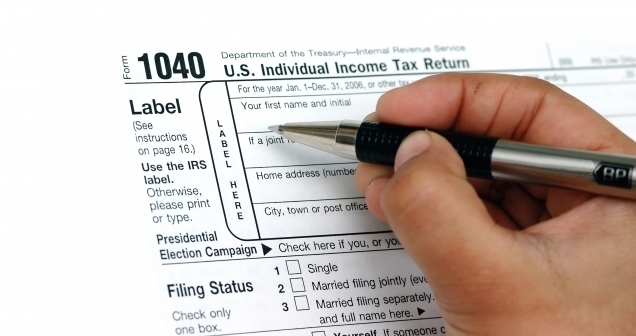One of the services EMA offers is a pre-transition consultation in which we take stock of the potential seller’s practice and make recommendations about how to best position the practice for sale. This may include our opinions about the physical plant, current technology, service mix, PPO participation, staff size and general marketability. Inevitably though, that conversation will include a comment referring to “cleaning up your financials”. The logic is that practices with clean Profit and Loss statements and tax returns just “show” better to prospective buyers and consequently sell faster. Recent revelations from the banking industry though have caused us to reconsider how important this particular point may be in accomplishing a sale and transition.

Come on, we’ve all done things like putting a spouse and/or children on the payroll or buying “Dental Supplies” that ended up in the home pantry. Boats, airplanes, farm animals (yes, we have adjusted “Hay” from the supply bills), inflated rent to owner occupied real estate, artwork and furniture have all been written off as expenses through the practice. We are making no moral judgment here as we understand that small business owners need to take every available advantage of self-employment. In the past we have simply normalized those expenses in an effort to best estimate the true overhead costs and resulting profitability. Buyers and their accountants understood the process and analyzed the opportunity accordingly.
Here’s the game-changer; of late, lenders are not allowing those adjustments in their cash flow analysis. Unless you are willing to provide specific documentation for those non-dental or one-time expenses along with any and all family W-2s, those expense categories will be taken at face value and true office profitability will suffer. To quote a national market lender in the analysis of a recent deal; “We don’t normalize to industry averages. We will adjust if we are provided something concrete relating to inflated expenses for personal or one-time costs”. Since those expenses were taken with the intent of reducing the practice net income and subsequent tax liability, the effect on a buyer’s ability to obtain financing should be obvious.
So what should be your course of action? EMA is obligated to give you the IRS interpretation in determining legitimate expenses but at the very least, you need to have a heart to heart with your accountant to project which course of action best suits your personal finances. It may be determined that continuing to write off expenses may be a better strategy if you understand the effect it may have down the road on your business equity.
Dr. Steve Wolff
Class of ’77
